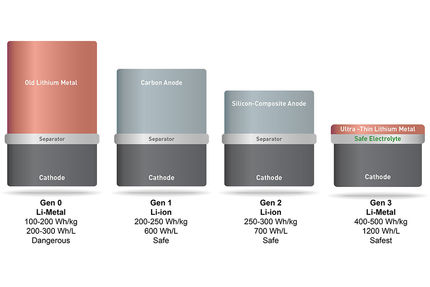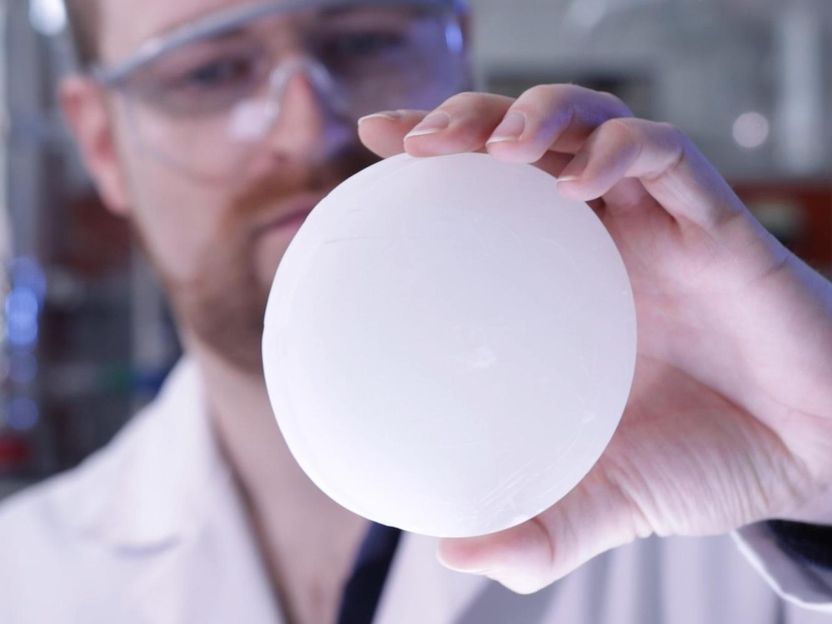Merck Cooperates With the University of Applied Science in Muenster
Scientists working in the Merck Lab in Muenster are developing novel LEDs
Advertisement
The newly established Merck Lab at the University of Applied Science in Muenster is now fully operational. Under the leadership of Professor Thomas Juestel, five experts from the university are developing novel light sources that are not only as long-lasting and energy-efficient as previous LEDs (light-emitting diodes), but also provide the color spectrum of light.
Merck is supporting the laboratory during the next three years with EUR 370,000 annually. In return, Merck will receive the exclusive rights to the results of this work. In terms of both their energy efficiency and serviceable life, present-day light sources, e.g. incandescent light bulbs, are a burden on energy consumption and the environment. An alternative already exists in the form of LEDs. One of the outstanding features of LEDs is their longevity of up to 50,000 hours. Another feature is their energy efficiency, which is already around 50%.
However, for LEDs to ultimately succeed, they must be able to emit the natural spectrum of light. Currently, the known inorganic semiconductor LEDs can only emit blue light, which must be transformed into yellow, green and red light via technical tricks. The combination of this "light mixture" creates "white" light. Scientists from the Merck Lab are pursuing the objective of developing suitable inorganic light sources capable of producing the most natural light possible while retaining the recognized advantages of inorganic semiconductor LEDs such as longevity and high energy efficiency.
Most read news
Other news from the department science

Get the chemical industry in your inbox
By submitting this form you agree that LUMITOS AG will send you the newsletter(s) selected above by email. Your data will not be passed on to third parties. Your data will be stored and processed in accordance with our data protection regulations. LUMITOS may contact you by email for the purpose of advertising or market and opinion surveys. You can revoke your consent at any time without giving reasons to LUMITOS AG, Ernst-Augustin-Str. 2, 12489 Berlin, Germany or by e-mail at revoke@lumitos.com with effect for the future. In addition, each email contains a link to unsubscribe from the corresponding newsletter.































































